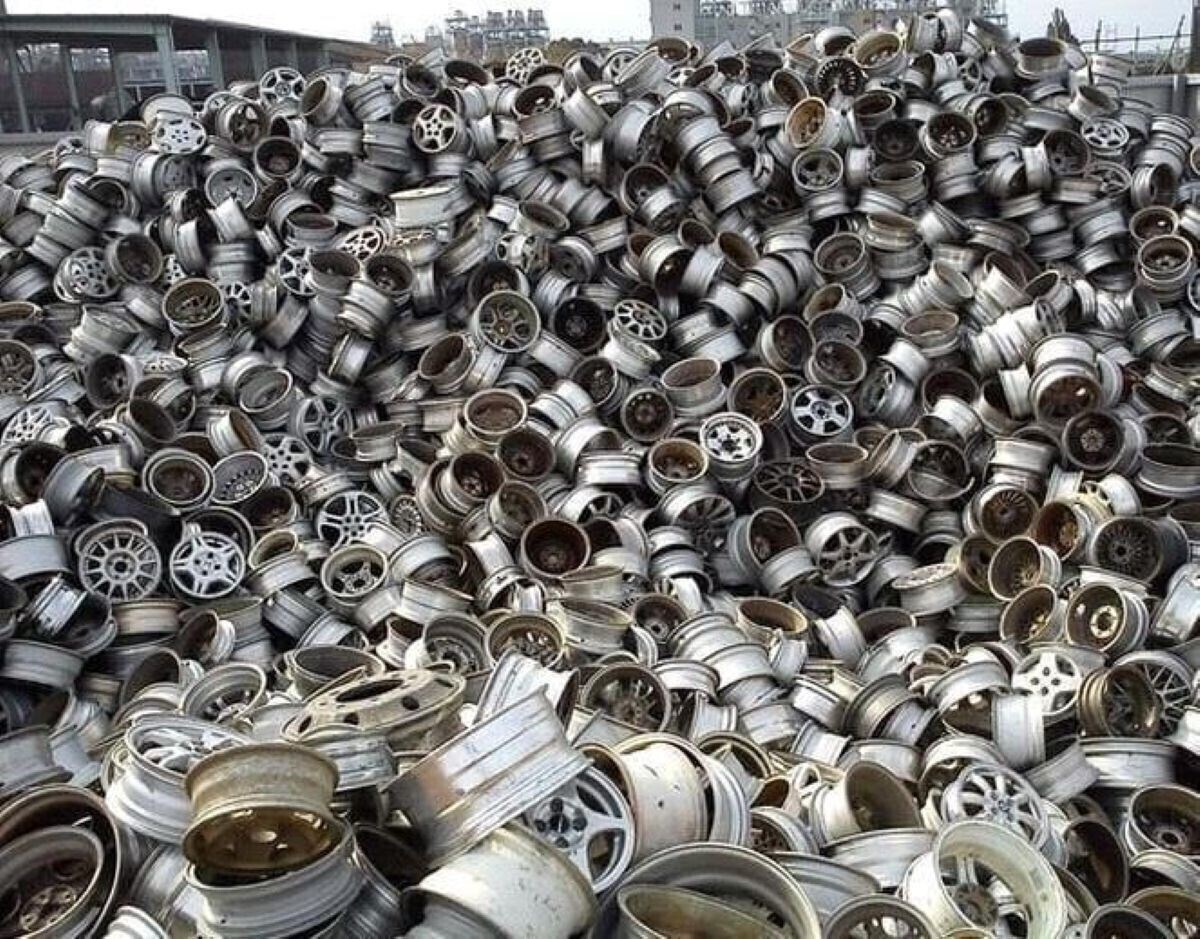

Futures: On Friday night, the most-traded cast aluminium alloy AD2601 futures contract opened at RMB 20,920 per tonne, reached a high of RMB 20,985 per tonne, a low of RMB 20,875 per tonne, and finally closed at RMB 20,965 per tonne, up RMB 160 per tonne or 0.77 per cent from the previous closing price. The trading volume was 2,870 lots, and the open interest was 14,135 lots, with the increase mainly driven by bulls. The short-term moving averages formed a bullish alignment, with MA5 (20,767), MA10 (20,706.5), and MA20 (20,577.75) crossing upward in sequence, and the price continued to trade above the short-term moving averages. The daily chart formed a bullish candlestick with a small upper shadow. After breaking through the previous high of RMB 20,760 per tonne, the price continued to rise, with no significant weakening in bullish momentum, and the short-term uptrend remained intact.

Spot-futures price spread report: According to SMM data, on October 31, the SMM ADC12 spot price theoretically traded at a premium of RMB 515 per ton to the closing price of the most-traded cast aluminium alloy contract (AD2601) at 10:15.
Warrant report: SHFE data showed that on October 31, the total registered volume of cast aluminium alloy warrants was 50,844 per tonne, down 30 per tonne from the previous trading day. The total registered volume in Shanghai was 4,214 per tonne, down 30 per tonne; Guangdong 16,371 per tonne, unchanged; Jiangsu 8,444 per tonne, unchanged; Zhejiang 16,801 per tonne, unchanged; Chongqing 5,014 per tonne, unchanged; Sichuan 0 per tonne, unchanged.
Aluminium scrap: On Friday, the spot price of primary aluminium increased from the previous trading day, with SMM A00 spot aluminium closing at RMB 21,280 per tonne, while aluminium scrap market prices generally held steady. Baled UBC scrap was quoted in the range of RMB 16,050-16,550 per tonne(ex-tax), and shredded aluminium scrap (priced based on aluminium content) was quoted in the range of RMB 17,700-18,200 per tonne(ex-tax). Baled UBC prices held steady W-o-W, while shredded aluminium tensile scrap (priced based on aluminium content), scrap wheel hub, and mechanical casting aluminium scrap increased by RMB 100 per tonne W-o-W.
Due to improved demand from downstream alloy producers, aluminium tensile scrap prices rose accordingly. Quotations for aluminium tensile scrap series were collectively raised in Jiangxi, Hubei, Foshan, Anhui, Hunan, and other regions, with increases ranging from RMB 100-200 yuan. The aluminium scrap market is expected to hold up well this week, and the mainstream price range for shredded aluminium tensile scrap (priced based on aluminium content) may move up to RMB 17,800-18,300 per tonne. If the primary aluminium price stabilises above the RMB 21,200 per tonne level, it will further transmit positive effects. Coupled with restocking demand from secondary aluminium enterprises amid low inventory, the tight supply situation is unlikely to change in the short term.
Silicon metal: (1) Price: On Friday, silicon metal prices were mostly stable. SMM oxygen-blown #553 silicon in east China was at RMB 9,400-9,500 per tonne, and #441 silicon at RMB 9,600-9,700 per tonne. In the futures market, the most-traded silicon metal SI2601 contract closed at RMB 9,100 per tonne at the end of Friday, down 55 per tonne from the previous day. Spot silicon metal mainstream transaction prices held steady. (2) Production: With the dry season arriving, silicon enterprises in Sichuan and Yunnan have recently implemented batch production cuts, leading to a decline in operating rates and a reduction in national silicon metal production.
(3) Social Inventory: According to SMM statistics, the total social inventory of silicon metal in major regions on October 23 was 559,000 per tonne, a decrease of 3,000 per tonne W-o-W. This consisted of 123,000 per tonne in general social warehouses (an increase of 3,000 per tonne W-o-W) and 436,000 per tonne in delivery social warehouses (including portions not registered as warrants and spot cargo inventories), a decrease of 6,000 per tonne W-o-W. Recently, some cargo from warehouses in Xinjiang continued to be transferred to Tianjin, resulting in significant regional inventory changes. (Excluding Inner Mongolia, Gansu, etc.)
Overseas market: Overseas ADC12 offers were at USD 2,560–2,590per tonne, while domestic spot prices held flat at RMB 20,500–20,700 per tonne, with the immediate import loss around RMB 200 per tonne. Local ADC12 offers in Thailand were at 83.5 baht per kg, excluding tax.
Inventory: According to SMM statistics, the daily social inventory of secondary aluminium alloy ingots in Foshan, Ningbo, and Wuxi on November 3 totalled 50,291 per tonne, an increase of 165 per tonne from the previous trading day and an increase of 1,916 per tonne from the previous Monday (October 27).
Summary: Last Friday, the SMM A00 aluminium price rose by RMB 80 per tonne from the previous day to RMB 21,280 per tonne, maintaining a rebound trend, while the SMM ADC12 price held steady at RMB 21,300 per tonne. The current tight supply pattern for aluminium scrap remains unchanged, coupled with record-high copper prices pushing up raw material costs, forcing enterprises to procure at high prices to ensure order fulfilment. Affected by factors such as insufficient raw material circulation, high-priced raw materials eroding profits, and unclear policies in Jiangxi, Anhui, and other regions, industry supply has contracted.
Overall demand remains resilient, with some secondary aluminium plants recently reporting an increase in orders. However, constrained by low inventories of both finished products and raw materials, enterprises' order-taking strategies have become more cautious, providing some support to market prices. Overall, current cost and supply-side support dominate; ADC12 prices are expected to hold up well in the short term, with attention needed on raw material prices, inventory changes, and downstream order performance.
Note: This article has been issued by SMM and has been published by AL Circle with its original information without any modifications or edits to the core subject/data.
Responses








